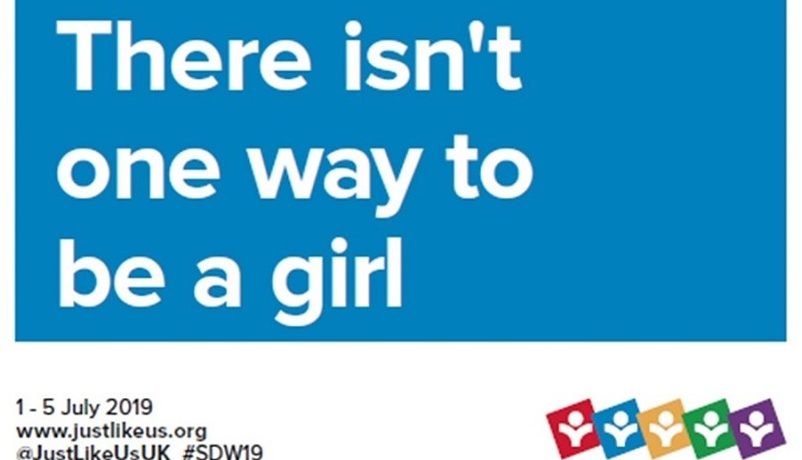Schools’ Diversity Week


College Leadership Team member and Diversity Group founder, Amy Foster (CII), examines diversity and The Mount’s Quaker ethos.
June is LGBT+ pride month and from 1-5 July it will be the first-ever National Schools Diversity Week.
Amidst the parades, glitter and delightfully gaudy displays in shop windows, the month is a time to raise awareness about a minority group that has been marginalised for centuries – and a time for many to do bit of soul-searching. For some this relates to their own identity, however there is a growing focus on how allies to the LGBT+ community can further their support. This article by Bernard Trafford, former headteacher in the independent sector, asks a rather stark question: “If schools don’t teach LGBT+ acceptance, who will?” He echoes the same sentiment that human rights advocates have been putting forward for decades: that education is the key to ending injustice, and that schools must set a moral standard for acceptance as a person’s time in education shapes them both psychologically and emotionally – which in turn shapes the attitudes and sensibilities of future society.
It may surprise you – it certainly surprised me – to find that according to a recent survey over a quarter of people aged 16-24 identify as LGBT+. Stonewall UK’s 2017 School Report states that of those, more than 20% have attempted to take their own life. Almost half of LGBT+ young people report having experienced homophobic or transphobic bullying at school, and the statistics show that overall those who identify as LGBT+ are more likely to experience moderate to serious mental health problems whilst in compulsory education.
A recent incident in which a same-sex couple were attacked on a London night bus further highlights this need for the inclusion of LGBT+ issues in the national curriculum. Why? The perpetrators were between the ages of 15 and 18. Hatred and bigotry are more often than not rooted in ignorance, and so Trafford is absolutely right when he says that schools play a fundamentally important role in creating an accepting society for the future. At The Mount, we are lucky enough to have a community committed to fulfilling this admittedly rather daunting task. The school nurse, Cindy, takes care to be as inclusive as possible in her SRE sessions, and Diversity Group (of which I am a founding member) works to raise awareness around LGBT+ issues as well as those of other minority groups.
This social conscience forms the very fabric of The Mount community. We frequently hear from parents and visitors who have come for tours or open days that the school has a lovely atmosphere, firmly founded in our Quaker ethos. Quakers in Britain believe in five fundamental values, often referred to as ‘testimonies’. The Peace Testimony is the most famous, beginning: “We utterly deny all outward wars and strife,” however there are four other key elements to Quaker faith: simplicity, truth, stewardship (of the earth – sometimes referred to as sustainability) and equality. The importance of equality is clearer than ever, and the idea in Quakerism has developed over time – from equality before God and relative gender parity in the 17th century to the promotion of acceptance and diversity in the 21st.
Of course, it isn’t all bad, and things have improved significantly over the past 15 years or so. Botswana decriminalised homosexuality recently, and same-sex marriage was legalised in Ecuador earlier this month. Despite the protests against LGBT+-inclusive education in Birmingham, legislation due to come into effect in September 2020 will require all UK secondary schools to teach sexual orientation and gender identity within the context of SRE and PSHE. These are all hugely important steps forward, but there is always more we can do! This manifests at The Mount in the form of PeaceJam projects, morning meetings, form time activities and countless other activities. The school’s ethos promotes equality and acceptance but it also encourages us to think for ourselves. We recognise that in celebrating the rights of others, whether those rights may apply to ourselves or not, we enhance the fabric of our entire society and strengthen the ties that connect us all.
In turbulent times, community is everything, and the Mount community prides itself on being accepting and welcoming to everybody, regardless of background, faith, orientation or race.
